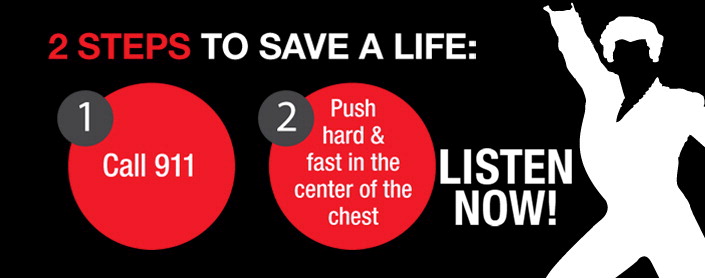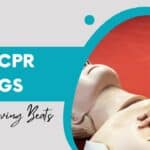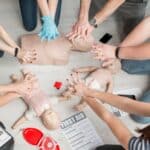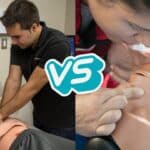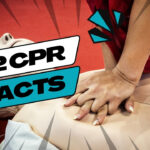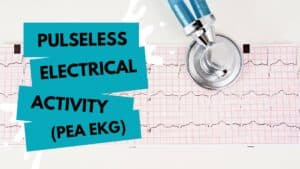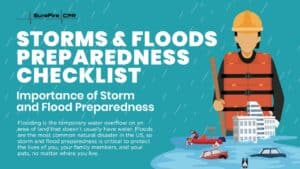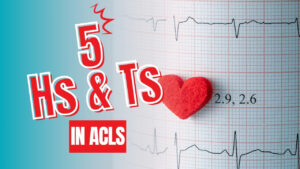Think disco and almost always the same song that hit Billboard’s number one song in February 1978 pops into mind. Its title is almost prophetic and singing that same number one song today could save somebody’s life. The secret is in the beat!
Stayin’ Alive released in the mid-seventies by the Bee-Gees has evolved, becoming a valuable tool when a life is on the line. Training taught through certification centers such as Sure Fire CPR in Orange County, uses the rhythm of Stayin’ Alive to help students pace compressions delivered during cardiopulmonary resuscitation or CPR. With a tempo of 100 musical beats per minute, the song lends itself well to pacing the correct rate of contractions for effective circulation given through CPR.
Recent changes made by the American Heart Association supports a two-step, hands-only CPR process which has proven effective in saving lives. According to Nancy Brown, CEO, American Heart Association, the process is easy:
There are only two steps: call 9-1-1, then push hard and fast in the center of the chest, preferably to the beat of “Stayin’ Alive,” until help arrives. “It’s incredibly successful and so simple,” said Dr. Alson Inaba, a professor of pediatrics at the University of Hawaii’s John A. Burns School of Medicine (Huffington Post).
Nearly everyone can do the hands-only CPR method while “pressing hard and fast” to the rhythm of Stayin’ Alive.
The American Heart Association welcomes June as the National Safety Month. Becoming certified in Basic Life Support with proficient skill in administering CPR is one of the surest way to promote a positive outcome in unexpected emergencies. CPR re-certification in Orange County increases public awareness of the importance for early intervention in cardiac arrest situations. Furthermore, the AHA programs offered through SureFire CPR train more than twelve million people every year by educating healthcare providers, caregivers and the general public on how to respond to these types of emergencies.
The Mission of the American Heart Association’s ECC Program is to reduce disability and death from acute circulatory and respiratory emergencies by improving the chain of survival in every community and in every health care system. [1]
Learn About Safety in Numbers in CPR Classes
In keeping with the AHA standards, topics included in CPR classes include:
• Critical concepts of high-quality CPR
• The American Heart Association Chain of Survival
• 1-Rescuer CPR and AED for adult, child and infant
• 2-Rescuer CPR and AED for adult, child and infant
• Differences between adult, child and infant rescue techniques
• Bag-mask techniques for adult, child and infant
• Rescue breathing for adult, child and infant
• Relief of choking for adult, child and infant[2]
These skills are taught in a learner-friendly environment by experts who practice in the field the same techniques provided as a focused one-on-one instruction in class. Simple “tricks,” such as singing Stayin’ Alive while performing compressions, are provided allowing for a practical application of appropriate CPR using familiar tools.
Indeed, should you ever see a teen or adult suddenly collapse unexpectedly, call
9-1-1 and push hard and fast in the center of the chest to the beat of the disco song “Stayin’ Alive” and just possibly, you could save a life.[3]
[1] http://www.heart.org/HEARTORG/CPRAndECC/
[2] Ibid
[3] http://www.heart.org/HEARTORG/

